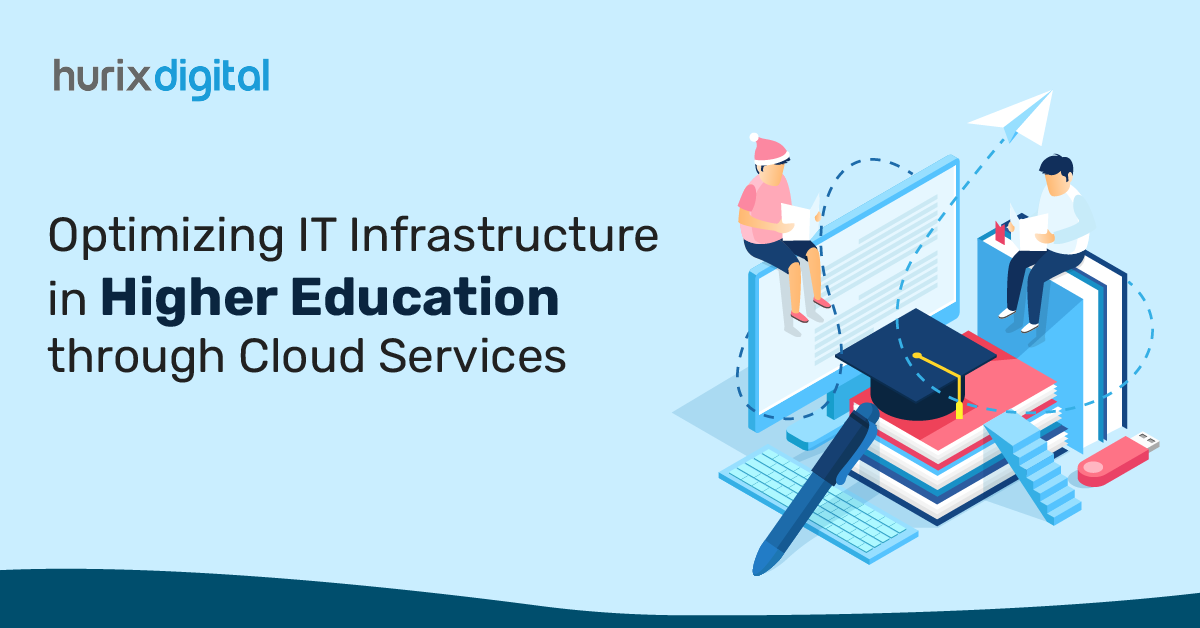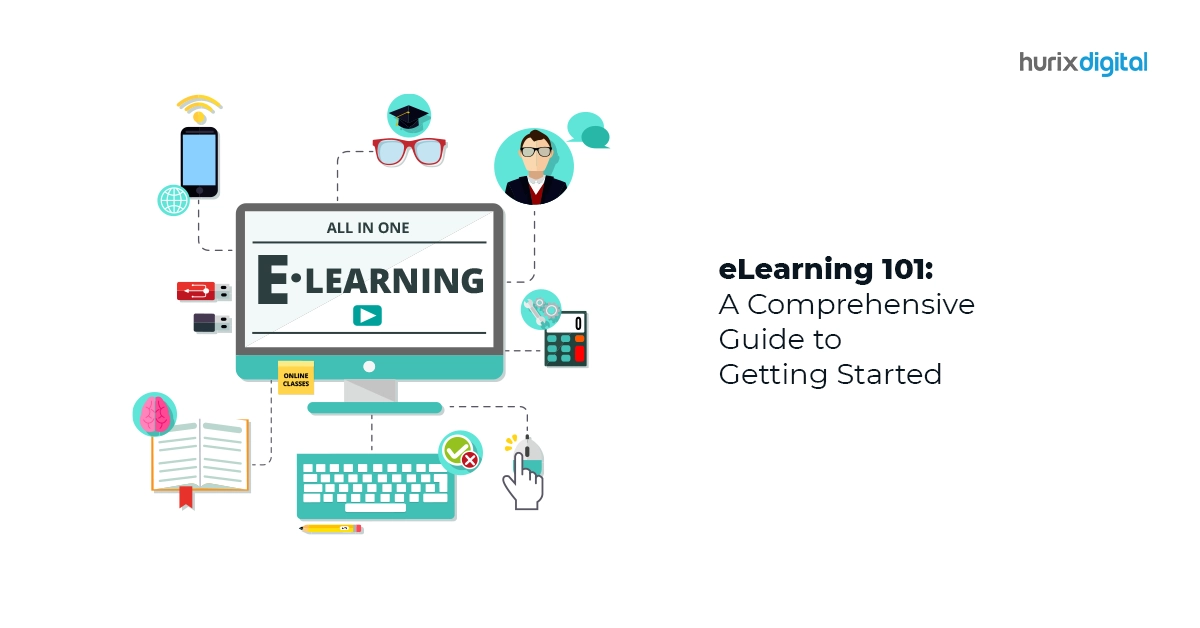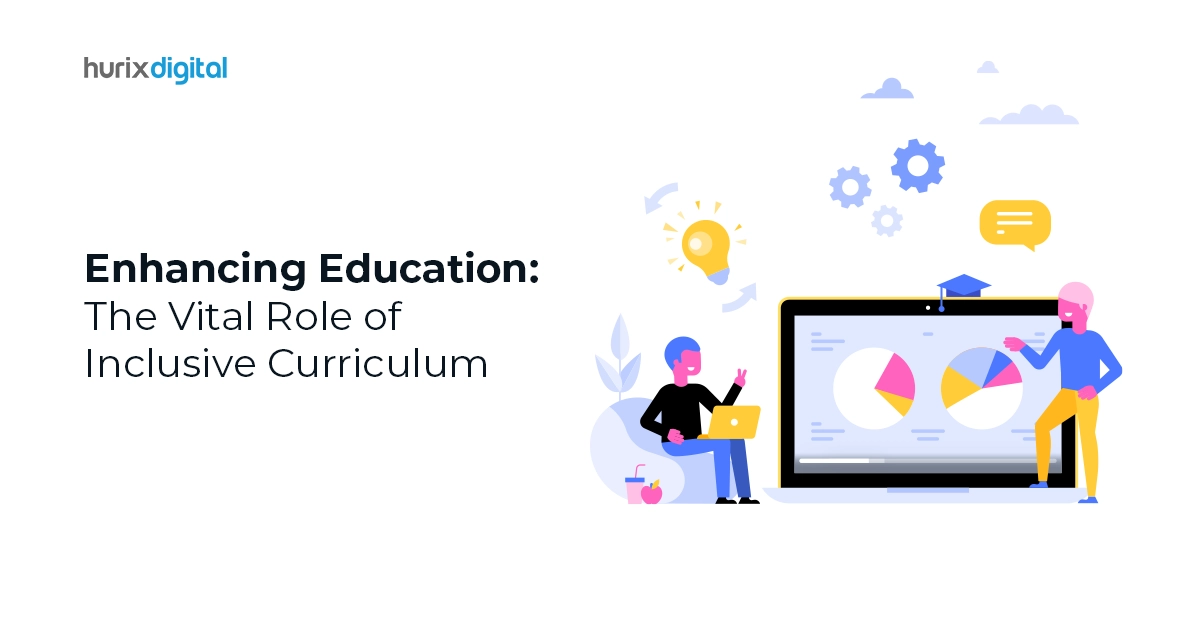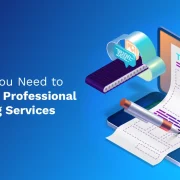
Emerging Risks in Higher Education and How to Mitigate Them
Historically, most higher ed institutions have sustained by relying on traditional economic models and pedagogical methods. This meant largely following conventional teaching practices and enrolling a decent number of tuition-paying students for private institutions, whereas receiving consistent state appropriations in case of public ones.
However, COVID-19 has brought a significant change by impacting the sustainability and reliability of traditional models, thus putting huge pressure on institutions to rethink, reinvent and readjust their economic models and teaching strategies.
Table of Contents:
- Expected Challenges and Risks That Higher Ed institutions Face
1. Resistance to complete online model
How to tackle the issue?
2. Revenue will go down and costs will go up
How to tackle the issue?
3. Staffing risks tackling
How to tackle the issue?
4. Equity gaps will widen
How to tackle the issue? - Final Word
Expected challenges and risks that higher ed institutions are likely to face in the near future and what steps they can take to mitigate them –
1. Resistance to complete online model
The most important challenge brought by COVID-19 is how to adapt to a completely new education system. Since most colleges and universities today are operating online, institutions and administrators will want them to stay online. While in the short term, faculty will go along with this as they realize the importance and need to offer online classes to maintain social distancing.
However, when these institutions pivot, seeking to adopt a completely online model for many of their degree programs, it is expected that tenured faculty will resist the change and raise serious questions leading to the emergence of several shared governance challenges.
The impact of online learning on higher education is massive. However, there are other real risks of online learning too. Many of these approaches can be very solitary when expecting students to sit and watch videos, read documents online or just click through presentations.
How to tackle the issue?
Institutes and educators need to realize that if utilized well, blended learning can draw on the best of both worlds and create a satisfactory and better learning experience than face-to-face learning,
The need here is to rebalance the mix between traditional face-to-face and online teaching methods. Educators will need to innovate and experiment with various online tools and should look forward to the exciting prospect of continuing online pedagogies for better learning outcomes.
2. Revenue will go down and costs will go up
In a post-pandemic era when higher ed institutions will open up completely, there is expected to be a huge financial burden on them. While enrollment and tuition fee revenue will drop substantially, overall operations costs will go up exponentially. This will be largely due to increased IT and health services demands and loss of offsetting ancillary income.
Further, institutions will likely see a major drop in state funding and other issues such as salary cuts, layoffs and program termination will continue to rise.
How to tackle the issue?
Small institutions with low endowments and little brand‐name recognition may not effectively navigate the massive impact of decreased revenues, domestic and international student enrollments and decreased state funding. One of the ways to tackle this is for such institutions to merge to save money, supplement their resources and add depth or breadth to their existing operations.
3. Staffing risks tackling
Facing the risk of uncertain enrollments and learning models, higher ed institutes are likely to experience significant budgeting and planning challenges. Accordingly, staffing needs may differ considerably based on multiple factors such as enrollment levels and the learning model ultimately delivered, a few of the metrics that could be difficult to forecast.
Further, liquidity may become another major concern for such institutions that might be struggling with issuing refunds to the students for advanced payments made. Apart from this, there are other challenges to manage, such as reducing jobs or wages for lower-paid staff, especially if reductions are disproportionate with administration positions.
How to tackle the issue?
One way to address this challenge for institutions is to increase their digital marketing efforts and shift their focus more on nearby populations. This strategy can help institutions effectively engage with new prospective students who are unwilling to travel long distances to an institution they were attending or considering earlier.
Alternatively, institutes can think of discounting tuition fees to attract new students or revise their curriculum or degree requirements to facilitate concurrent degrees and enhance retention, especially among graduate students.
4. Equity gaps will widen
Noteworthy progress has been made during the last year to increase access to devices and connectivity for students to make online learning possible for the masses. However, device connectivity will still remain a challenge for institutes in the future.
Students coming from diverse financial and geographical backgrounds are less likely to receive the kind of support, connectivity and extra services they require. Hence the gap between students who experience additional barriers and those who do not might further widen.
How to tackle the issue?
Higher ed institutes will need to ensure that every student gets access to learning resources since every student might not have internet connectivity and devices to access learning. They need to find a way to reach such students and provide them with all the resources they need to learn better.
Final word
The COVID-19 pandemic has completely changed our lives and the way people work and students learn. It has resulted in a new set of challenges (as listed above) for higher ed institutions. Apart from the methods mentioned here to tackle these challenges, the only way forward for the universities is to work on transitioning their on-campus classes to virtual settings, while taking necessary steps towards addressing concerns around finances, enrollment and student support.
The next few months could play a pivotal role for these institutions of higher learning across the world. The ones who will be able to adapt and navigate pandemic-induced challenges, deliver quality learning experiences in a fashion are likely to flourish and lead the way to a new era of higher education.








